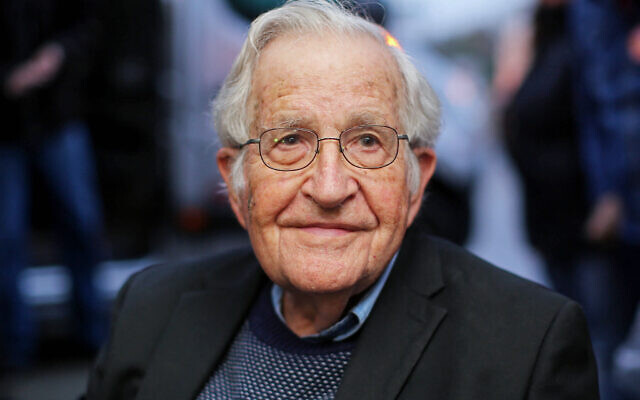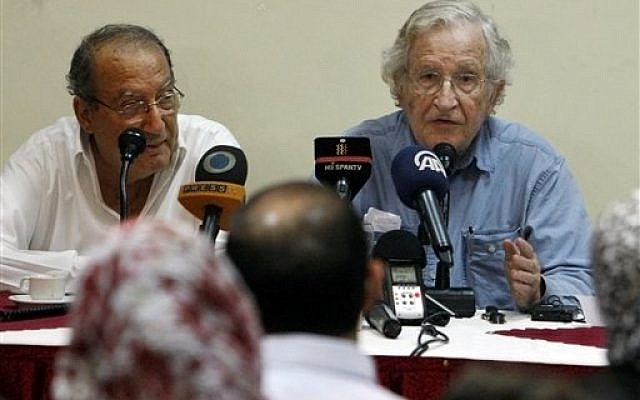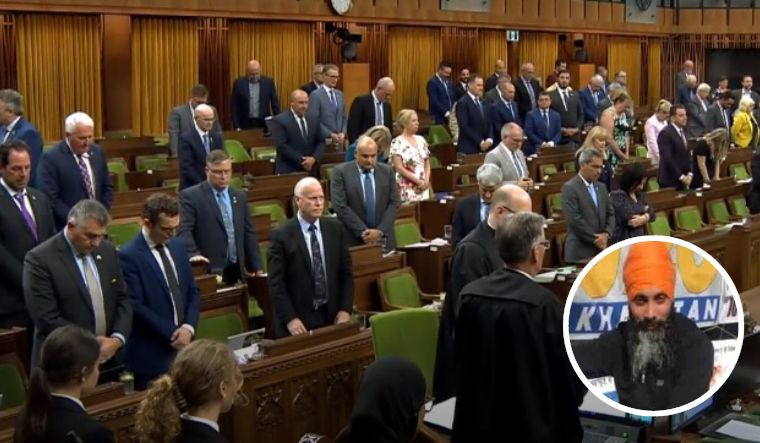Belarus: the indoctrination of minors is rising in scale and taking on new forms

We have previously reported on the strong, state-sponsored indoctrination of youth in Belarus with Soviet-style, anti-Western propaganda following the falsified 2020 presidential elections and subsequent large demonstrations against the authorities. This worrying trend has continued. Lately, authorities have launched nationwide anti-Ukrainian propaganda campaigns and pushed Belarusian youth to embrace the ‘Russkiy Mir’ (Russian World) ideology that the Kremlin is now spreading more aggressively.
Russification
The Moscow-designed concept of Russkiy Mir seeks to promote an ideology based on historically revanchist, imperial Russian supremacy. Belarusian ruler Alyaksandr Lukashanka has steered Belarus deeper into Moscow’s orbit through three primary means. The first is ‘oblastisation’, or Moscow’s creeping control of the country, including Russia’s use of Belarusian territory and infrastructure for the ongoing war against Ukraine. The second is Belarus’s cultural ‘russification’. The third is ‘sovietisation’, or the Belarusian state’s organisation and control of all parts of society.
A 16-year-old ‘head of a terrorist cell’
In late April 2024, the Belarusian state ONT TV channel released a propaganda movie titled, ‘Children at Gunpoint: Recruited by the Enemy’. Strongly promoted in state media, the movie builds on several unrelated stories of Belarusian minors whom it accuses of preparing acts of sabotage and terrorist acts in Belarus under the supervision of Ukrainian intelligence services.
One story featured a 16-year-old Ukraine-born girl as the alleged leader of a terrorist cell called the ‘Black Nightingales’. This piece portrayed a few Belarusian teenagers with anarchist views as terrorist cell members who were planning deadly attacks under the supervision of Ukrainian actors. The film did not provide conclusive evidence for these strong accusations. See similar reports about the presumed role of Belarus KGB in framing the teenagers.

A screenshot of the movie supposedly depicting the 16-year-old Maria, link. We have chosen to blur the image and personal details in this article. The face is not blurred in the ONT TV movie.
The movie’s creators seemingly intended to spread anti-Ukrainian sentiments among Belarusian youth and to discourage young people from using sources of information other than official ones. They also portrayed conversations with unknown parties via Telegram messenger as potentially dangerous.
In the weeks that followed, authorities instructed schools, colleges, and universities throughout the country to organise public screenings of the movie. The video’s 45-minute length was apparently not accidental because it is the duration of a class in secondary school. After the viewings, many educational institutions reported about the event on their websites.
The leading university for teachers, Belarusian State Pedagogical University, wrote that following the movie screening, ‘[T]rainee teachers analysed the reasons which pushed teenagers to become members of a terrorist cell, and discussed their fate.’

Students at the Belarusian State Pedagogical University watching the propaganda movie
The video was also shown to employees of public enterprises. The Minsk Gear Works, a factory known for gear-wheel production, published photos of employees, many in working uniforms, sitting in the assembly hall where the movie was shown. According to the factory’s website, the film was ‘food for thought for children and their parents.’ The movie is also meant to target parents of minors. Adults are expected to more tightly control their children’s communications including, or perhaps especially, online communications.
More paranoia about “terrorists”
There appeared more state TV propaganda productions promoting the same paranoid sentiment of ‘growing terrorist cells’. The paranoia seemed to have spread as illustrated in this recent report of KGB arresting three school children doing ordinary chemical experiments but considering them preparing ‘terrorism’.
The increasingly centralised promotion of propaganda across public sector institutions comes as no surprise. This is what Lukashenka explicitly tasked former Minister of Information Vladimir Pertsov to do. Pertsov was recently appointed deputy chief of Lukashenka’s administration. Speaking about the appointment in early April 2024, Lukashenka said that ‘ideological work is coming to the fore’. He also instructed Pertsov to tightly subordinate all ideological and media activities to supporting his rule.
A high church representative to schoolchildren: let Nazism be defeated this year!
Recently, the Exarchate of the Russian Orthodox Church (ROC) in Belarus has greatly expanded its access to Belarusian minors via public schools. On 7-8 May 2024, authorities instructed schools to show a video address recorded by Fyodor Povnyy, a high-level priest of the ROC-affiliated Belarusian Orthodox Church. Povnyy is known for his regular Sunday sermons on a Belarusian state TV channel where he occasionally includes anti-Western disinformation and propaganda.

A screenshot from Povnyy’s address with Stalin against the background, link.
In tune with pro-Kremlin disinformation narratives, Povnyy drew parallels in his address between the USSR’s war against Nazi Germany and Russia’s invasion of Ukraine while praising Stalin and Russian soldiers. He said, ‘In 2024, we celebrated Easter on 5 May – almost as we did back then [in 1945]. Thank God, now peace is on our land, in Belarus. But a Russian soldier is fighting for our peace, as was the case back then. [He is fighting] for the churches, for his loved ones and for something we call the Motherland’. Povnyy went on to say that Russian soldiers will come to Belarusian schools as hero-teachers, stating, ‘Let’s wish them a victory and may Nazism be defeated this year! After the new victory, new heroes will come to your schools to discuss what is the motherland and how to defend it.’
Monastery-run orphanages and Russian history books
The ideological impact of the Russian Orthodox Church over Belarusian minors is poised to increase thanks to recently revised legislation which enables monasteries to set up orphanages. Although the law speaks of ‘monasteries’ generally, there is no doubt that Orthodox establishments will be privileged over others. The very idea of monastery-run orphanages is a Russian practice that Natallya Kachanava, speaker of the parliament (Council of Belarus) and a close associate of Lukashenka, has publicly acknowledged bringing to Belarus.
Beyond the Russian church’s influence over Belarusian schoolchildren, Moscow wields an even stronger tool in the form of mandatory school textbooks. Months earlier, representatives from Russia and the Belarusian regime agreed on common history textbooks for secondary schools and universities. In May 2024, Putin’s advisor Vladimir Medinsky, a former Russian minister of culture and co-chair of the Russia-Belarus Historical Commission, stated that the teaching of history in all types of educational institutions in Belarus and Russia should be aligned. This trend opens the gates for Russkiy Mir ideology to enter the school curricula of Belarusian schoolchildren and students. Medinsky also edited the much discussed new history books for Russian schools – see our article.
A new foundation to support ‘military and patriotic clubs’
As we previously reported in more detail, since 2021, Belarusian authorities have established dozens of so-called ‘military and patriotic clubs’ for children. These clubs are supervised by the Interior Ministry, the army, and other security forces. They teach children how to shoot, engage in hand-to-hand combat, attack tanks, and provide first aid.
In May 2024, this phenomenon received further institutional development in the form of a ‘charity foundation’ called ‘The Young Guard’. The title is a clear reference to the underground anti-Nazi resistance organisation that existed in the Nazi-occupied Soviet city of Krasnodon, currently the Ukrainian city of Sorokyne, occupied by Russia since April 2014. The newly created foundation is supposed to finance 18 ‘military and patriotic clubs’ which function under the supervision of the Ministry of the Interior.
Around the same time, Belarus state TV released a propaganda video featuring these ‘military and patriotic clubs’ prepared by the Interior Ministry’s press service. The 10-minute movie demonstrates the training of minors with arms and unarmed combat fighting. It also refers to such clubs as a ‘school of life’ and a ‘second family’ for children.

A screenshot from the propaganda video, link
The concluding song featured in the video says, ‘We serve our Motherland and flag until the end’.
State interference has increases in the private life of youngsters with the attempts to include total control over school graduation parties, incl. to celebrate them in a more modest manner requested by Lukashenka in spring. The state also determines the lists of songs that were to be played at graduation ceremonies.
The indoctrination of Belarusian youth with pro-Soviet and pro-Russian propaganda is quickly rising in scale and taking new worrying forms. The inclusion of propaganda in their curriculum, the influence of the Orthodox Church in schools and orphanages, and the use of ‘military and patriotic’ clubs are hard evidence of an ambition to further control the thoughts of Belarusian citizens.














